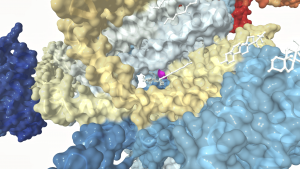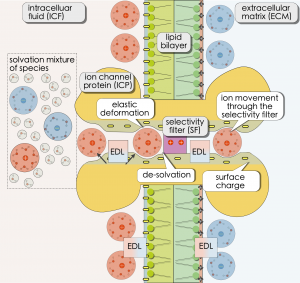Workshop
Exploring Calcium Channel Dynamics:
From Molecular Insights to Macroscopic Ion Flow
October 14 – October 15, 2024
This workshop is related to the MATH+ projects AA1-14 and AA1-15.
The workshop is organized in cooperation with CRC 1114 Scaling Cascades in Complex Systems (projects B05 and C03).





